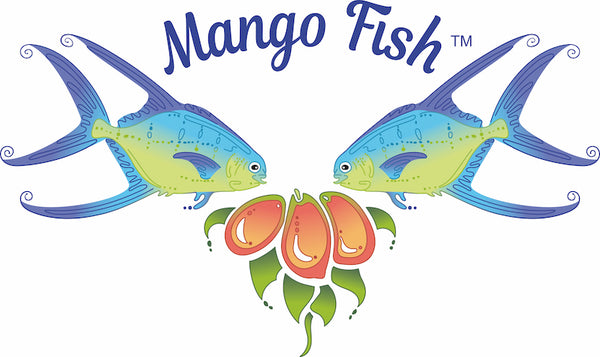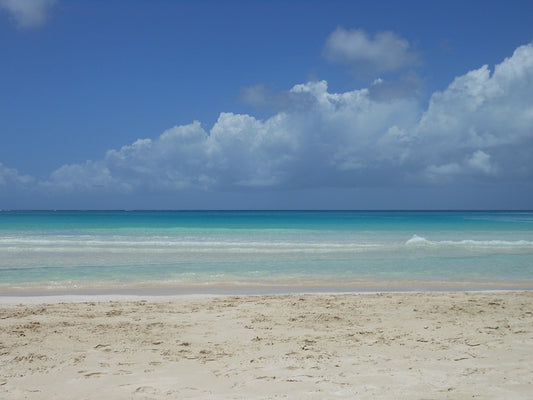
Our Why and the Mission of Mango Fish, Inc.
Share
My husband and I moved to western MA in September 2016 after living and working on the tiny Puerto Rican island of Culebra for almost 8 years. We chose to move to MA for its beauty, deep agricultural roots, and educational and cultural institutions.


Culebra Island, Puerto Rico (above)


Mango Fish, Inc. headquarters in western Massachusetts (above)
I was fortunate to be hired as a school librarian in August 2017 at Franklin County Technical School, Turners Falls, the northwestern part of MA, where our students lived in rural hill towns, some of them riding a bus for 1.5 hours each way (similar to our Culebra high school students who traveled via ferry to the main island for education/college – their mornings were early, starting at 5:00 a.m. to catch the 6:30 a.m. ferry, returning home around 9:00 p.m. – making for a long day and a quick turnaround to the next morning). I learned early on how dedicated these students were to their education and gaining vocational skills that would make them highly employable.
As a native New Jerseyan, I made assumptions about MA -- that it had a solid social safety net, etc. Within a few months of employment, there was a request from our guidance office seeking donations from staff so they could purchase heating oil for a student’s family who had none, in the middle of January, when overnight temperatures were below zero.
This was my first wake-up call to poverty in the rural hill towns of western and northern MA. That week, I approached our business office about the demographics of our students, intending to write grants for programs or materials that our students could use. I asked about the level of poverty and was stunned when I was told that 40% of our students were living in poverty. I returned to the library, looked up at the ceiling, and wondered how I could create jobs. As I was learning about our students, the last paper mill company in Turners Falls was in the news, with a notice of closing.
At this point, two ideas collided -- how could I create jobs in the hill towns of western MA using my jewelry skills? This is that AHA moment -- to create jobs, I needed a market that was robust and constant ... years ago, I had made a hand-sewn bead using navy and gold beads, and I remembered that it reminded me of the official colors of the University of Notre Dame. My jewelry collection which had begun in the Caribbean was pivoting to the collegiate and sororities markets, where we use the official Pantone colors of these institutions.

UMass Amherst Graduation Cap Tassel Charm (above)
Ultimately, I was compelled to address my students' poverty as I saw their dedication to breaking the cycle of poverty (whether or not they could see that), AND, as I traveled through this region of MA, I realized how rural and isolated these towns and families were. Public transportation did not cater to these rural towns, and even with a proposed East-West Train Line, public transportation for these towns would still be lacking.
I have worked in urban centers where poverty exists, but services and resources are more accessible within the immediate area, and there is a greater network of public transportation.
Rural poverty, to me, is more challenging, and by its very nature, more invisible. It is this invisibility that struck a chord with me and called me to action. I can empathize with the invisibility of poverty because I feel like my own family experienced it at times, while growing up in a middle-class NJ suburb. I remember picking up my dad from the Edison train station on his commute home from NYC, and heading to Cumberland Farms for only a gallon of milk and paying with coins.
Today my company's mission is to Empower Women by Employing Women, starting in the rural hill towns of western MA, where poverty is as high as 40%. Once an artisan is trained, they can work from home, removing the barrier of lack of transportation. Once we are more established, I would like to begin a mentoring program for our artisans. I have seen the power of mentoring while working as a librarian in public libraries, particularly in Trenton, NJ. More on those incredible stories!
Side note -- I resigned from my very good school librarianship job in June 2019 and have been working hard to launch Mango Fish, Inc.!


